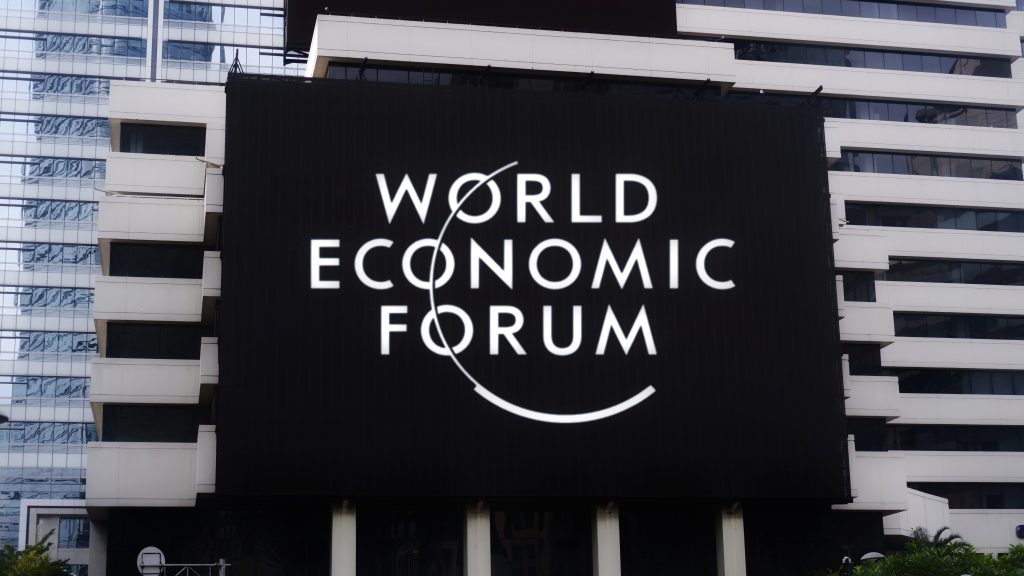In a significant move to bolster international cooperation, Saudi Arabia has entered into a strategic partnership with the Organisation for Economic Co-operation and Development (OECD). This alliance, forged through a Memorandum of Understanding (MoU), aims to enhance collaboration across a vast array of public policy issues, including economic growth, taxation, corporate governance, and sustainability.
The agreement was formalized at the World Economic Forum’s Annual Meeting in 2024, held in the picturesque Swiss town of Davos. This alliance is a testament to Saudi Arabia’s proactive and solution-focused participation in global multilateralism, and its commitment to constructing balanced and collaborative institutional frameworks that will underpin continuous prosperity.
The partnership will unfold through a series of joint initiatives, such as collaborative research efforts, sharing of information and statistical data, as well as organizing events and meetings. It will also provide support for Saudi Arabia’s efforts to align with OECD standards through evaluations and comparative analyses of various policy practices.
Saudi Arabia’s engagement with the OECD is not new; the Kingdom is already involved in nine OECD committees and complies with seven of its legal instruments. This new MoU will further deepen the cooperation, particularly in policy areas such as public governance, regulatory policy, skills and education, corporate finance and governance, investment policy, anti-corruption measures, and trade facilitation.
The collaboration is grounded in a shared commitment to principles like good governance, integrity, transparency, and reliance on evidence for policymaking. As the Kingdom forges ahead with its ambitious Saudi Vision 2030, international partnerships such as this one with the OECD are crucial for designing policies that will drive economic expansion, environmental sustainability, and social progress.
